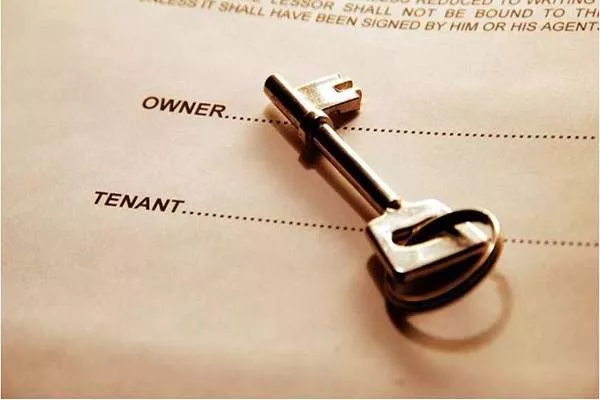As a property owner, dealing with troublesome tenants can be a stressful and frustrating experience. One such challenge is when a tenant refuses to vacate your property after the expiration of a quit notice. While it is essential to resolve the situation respectfully and legally, it is equally important to assert your rights as a property owner. In this article, we will guide you through the steps involved in handling a tenant who refuses to vacate your property after the expiration of a quit notice, using proactive methods and the legal framework available.

1. Review the Lease Agreement:
Before taking any action, it is crucial to review the lease agreement signed with the tenant. Fully understanding the terms and conditions agreed upon will provide clarity on the tenant's responsibilities and the landlord's rights. Pay attention to the sections that discuss termination and eviction procedures, as these will guide your actions moving forward.
2. Communicate Clearly:
Open lines of communication are vital when dealing with a tenant who refuses to vacate. Start by speaking with the tenant in person or via written communication to understand their reasoning for staying beyond the quit notice period. Express your concerns and expectations firmly, but respectfully, explaining the legal implications of their refusal to leave. Request that they provide a detailed explanation for their decision to stay and assess if some kind of compromise or negotiation can be reached.
3. Seek Mediation or Legal Assistance:
If communication fails to resolve the situation, it may be necessary to seek mediation services or consult with a qualified attorney who specializes in landlord-tenant disputes. Mediation can provide a neutral ground for both parties to discuss their concerns and come to a resolution. A legal professional can guide you through the intricacies of local eviction laws, ensuring that you follow the correct procedures when attempting to remove the tenant from your property.
4. Serve an Eviction Notice:
If all attempts to resolve the issue amicably fail, it is time to serve an official eviction notice to the tenant. Follow the specific guidelines provided by your local jurisdiction for serving an eviction notice. Ensure that the notice is drafted correctly, specifying the reasons for eviction, the date the tenant must vacate, and the consequences if they fail to comply. It is advisable to seek legal assistance to ensure the notice fully complies with legal requirements to avoid potential delays or challenges.
5. Document Everything:
Throughout the process, maintaining detailed records is essential. Document all communications, including any conversations, emails, or letters exchanged with the tenant. Keep copies of all relevant documents, such as the lease agreement, the quit notice, eviction notices, or any other correspondence. This documentation will be valuable evidence if legal action becomes necessary.
6. File for Legal Action:
If the tenant continues to refuse to vacate the property after receiving the eviction notice, you may need to proceed with filing a lawsuit. Consult with your attorney to initiate legal action in accordance with local laws and regulations. Be prepared for a potentially lengthy legal process, including court hearings and possible negotiations with the tenant.
7. Comply with Legal Procedures:
During the legal process, it is essential to adhere strictly to all legal procedures. This includes attending all court hearings, presenting accurate documents and evidence, and respecting the tenant's rights during the proceedings. Failure to comply with procedures may lead to delays or even the dismissal of the case.
8. Enlist the Sheriff or Law Enforcement:
If the court eventually rules in your favor and the tenant remains non-compliant, you may need to obtain a court order directing the local sheriff or law enforcement agency to remove the tenant from your property. Provide the necessary paperwork to the assigned authority and follow up to ensure the execution of the eviction order.
Handling a tenant who refuses to vacate your property after the expiration of a quit notice can be a complex and challenging process. However, by adhering to legal procedures, maintaining open communication, seeking mediation or legal assistance, and documenting all proceedings, you enhance your chances of resolving the situation in a satisfactory manner. Remember that patience, persistence, and adherence to the legal framework are key when navigating such disputes.

















Comments